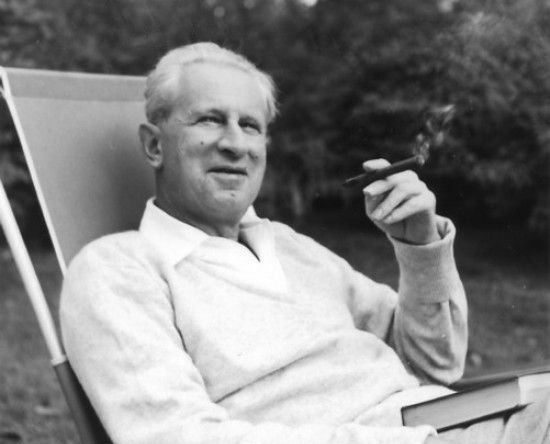Herbert Marcuse citáty a výroky
Herbert Marcuse: Citáty v angličtine
“The slaves of developed industrial civilization are sublimated slaves.”
Zdroj: One-Dimensional Man (1964), p. 32
The Individual in the Great Society (1965)
Zdroj: Counterrevolution and Revolt (1972), Chapter "Nature and Revolution," in The Essential Marcuse: Selected Writings of Philosopher and Social Critic Herbert Marcuse, edited by Andrew Feenberg and William Leiss, Beacon Press, 2007, pp. 240 https://books.google.it/books?id=JqoyBgAAQBAJ&pg=PA240-241
on economic laws, the market etc.
Zdroj: One-Dimensional Man (1964), p. 144
